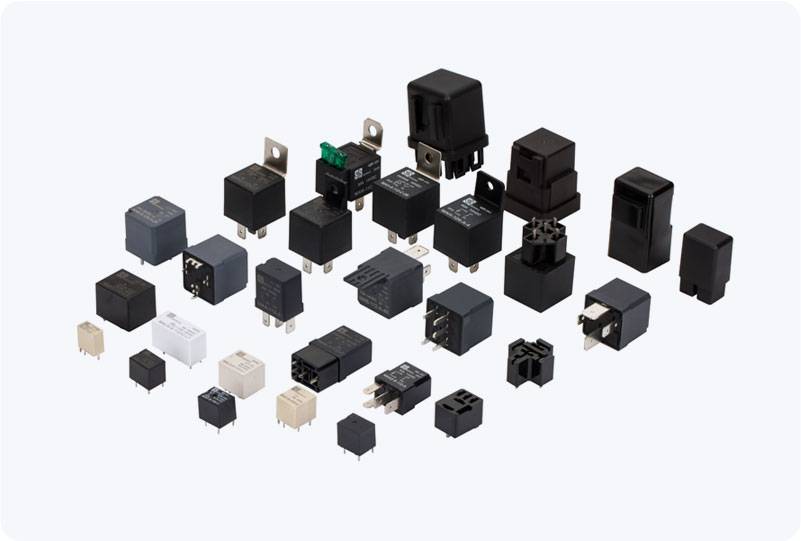Automotive relays play a crucial role in controlling various electrical circuits within vehicles. The coil of a relay, in particular, is vital for its operation, as it is responsible for generating the magnetic field that activates the relay’s switch mechanism. Understanding the key specifications of automotive relay coils is essential for ensuring reliable performance and longevity. In this article, we will explore the most important specifications of automotive relay coils, helping automotive engineers, technicians, and enthusiasts make informed decisions when selecting or designing relays for automotive applications.

1. Coil Voltage One of the most fundamental specifications for an automotive relay coil is the coil voltage. This is the voltage required to energize the coil and activate the relay. In the automotive industry, 12V is the standard voltage for most vehicles, although some larger vehicles may use 24V systems. The coil voltage should match the vehicle’s electrical system to ensure proper relay operation. When designing or choosing a relay, it’s crucial to verify that the coil voltage rating is compatible with the vehicle’s supply voltage to avoid potential malfunction or damage to the system.